Zambia is facing calls for urgent action after revelations that young women recruited under Russia’s Alabuga Start Programme are being forced to work in drone factories under harsh and exploitative conditions.
Promoted as a work-study initiative, the programme targeted African women aged 18-22, including Zambians, with promises of free travel, a salary exceeding US$500, and European study opportunities in hospitality and catering.
However, reports revealed that participants are instead forced to work in drone factories in Russia’s Tatarstan region, assembling Iranian-designed attack drones for alleged use in the Ukraine conflict.
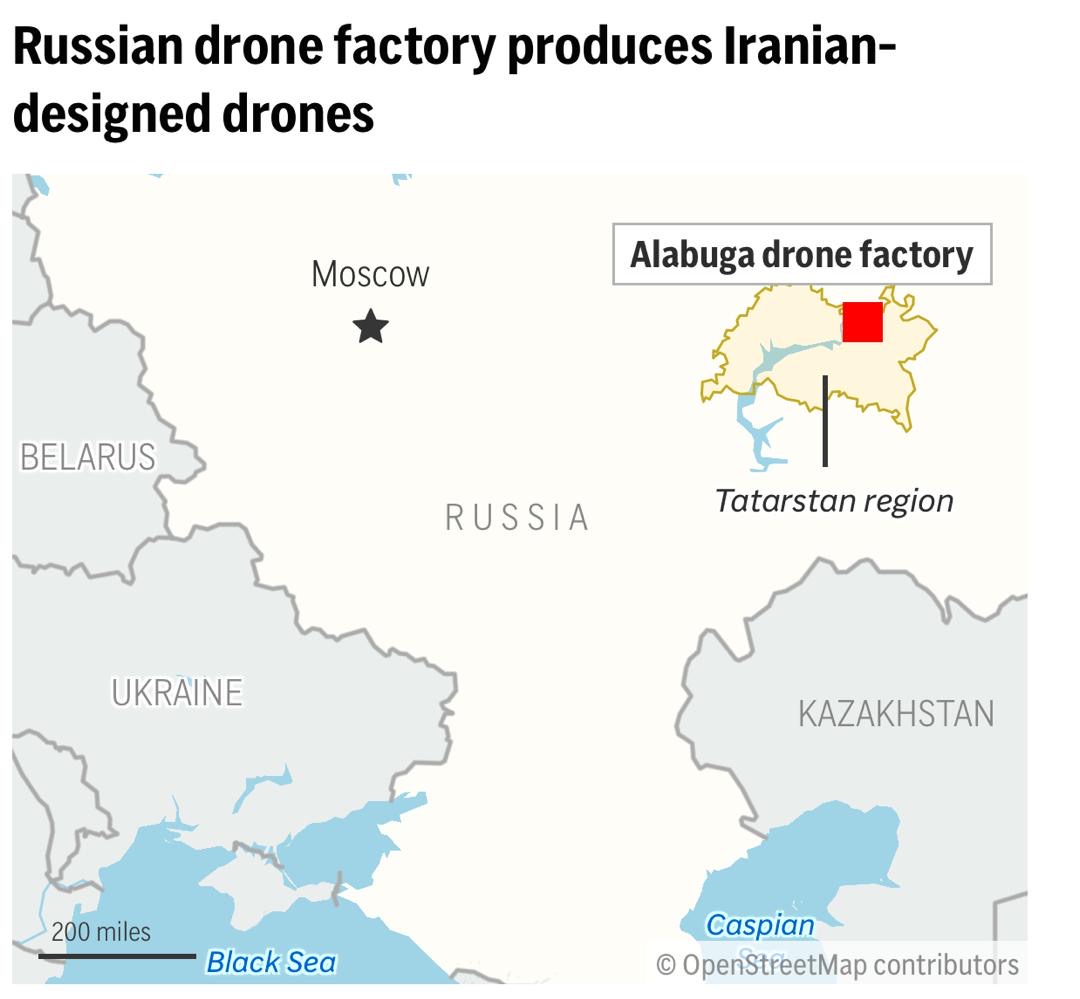
Workers in the factories have reported long hours under constant surveillance, exposure to caustic chemicals causing severe skin irritation, and unfulfilled promises about wages and areas of study.
A Ukrainian attack on the Alabuga Special Economic Zone (SEZ) in April 2024 further underscored the risks of working in the warzone.
A Zambian publication, the Zambian Eye, however, hailed it as “a life changing opportunity,” while investigations and research showed otherwise.
Promotional materials advertise study and work opportunities, but participants are said forced into drone production, working long hours without adequate protection or fair pay, several reports by Associated Press and other media have revealed.
Russia’s history of human trafficking has raised concern that these women may be trapped, with little or no chance of leaving, with risks of attack by Ukraine in its counter-attack efforts against Russia.
In Zambia, four girls are reportedly among individuals in Alabuga, alongside others from across Africa.
However, a review of responses from Zambia’s decision-makers, human rights activists, and key government officials revealed a lack of awareness about the Alabuga recruitment programme.
Zambia’s Kamfinsa Member of Parliament, Christopher Kang’ombe, has called for an immediate investigation.
“The government must know if people are leaving Zambia for Russia, India, or Dubai, as these opportunities are publicly advertised online. If truly this is happening, then the government is aware,” he said.
Kang’ombe further urged the Ministry of Foreign Affairs to clarify its position and provide accurate statistics.
“If allegations are true, the government must issue a statement, providing facts to support their stance. This will enable us to address the issue effectively,” he said.
One African woman, who abandoned her job at home to take the Russian offer, confessed, “I don’t really know how to make drones.”
The programme’s true intentions and the conditions faced by these women raise serious concerns about human rights abuses and exploitation.
Human rights activist, Brebner Changala, expressed outrage, describing the programme as “criminal.”
He warned of the vulnerability of desperate youths and criticized the lack of government oversight.
“Thank you for bringing this to my attention. We’re living in an environment where youths are desperate for anything, making them easy targets. The government must act now to safeguard their well-being,” he said.
“The whole programme is full of criminality and must be stopped. The ministries in charge should ensure people are warned and prevented from applying.”
NGOCC Board Chairperson, Grace Sinkamba, condemned the exploitation and called for urgent action.
“We have written to the Ministry of Foreign Affairs and are waiting for their response. We wouldn’t give a comprehensive response because we don’t want to sour Zambia’s international relations, but we are extremely worried that there’s such going on,” she said.
Global social media platforms, including Google, Meta, and TikTok, have removed accounts linked to the Alabuga SEZ following investigations by the Associated Press.
The programme’s promotional materials, which described a “life-changing opportunity,” have been revealed as misleading.
Recruits learned only upon arrival that they would be assembling drones instead of pursuing the advertised fields of study.
In Uganda, 60 out of 500 applicants joined the programme.
Western Uganda Youth Member of Parliament, Edward Rugumayo, who visited the factory, stated that while he observed students working on tractor assembly pipelines, he could not confirm military production.
“I heard rumours that the young people were being recruited to work in plants that manufacture the Shahed drones,” he said.
Rugumayo admitted the risks associated with the programme, noting, “We asked that they stop until the situation normalizes, then the project can continue.”
Despite the alarming revelations, some Zambian leaders have refrained from commenting.
Opposition Heritage Party president, Chishala Kateka, said, “I’ve done my research and I’ve also spoken to my team. We have resolved not to comment on this issue; we cannot react to it, sorry.”
The allegations of exploitation have fuelled calls for stricter oversight of international recruitment schemes targeting vulnerable youth.
Activists and lawmakers demand accountability and swift government action to protect Zambian citizens from further harm.
WARNING! All rights reserved. This material, and other digital content on this website, may not be reproduced, published, broadcast, rewritten or redistributed in whole or in part without prior express permission from ZAMBIA MONITOR.

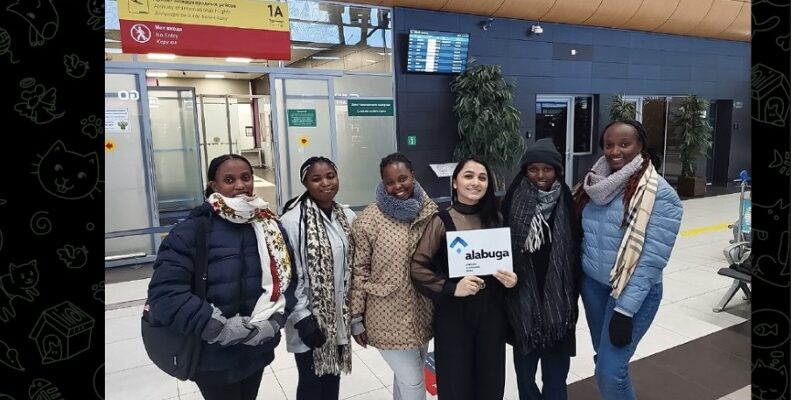
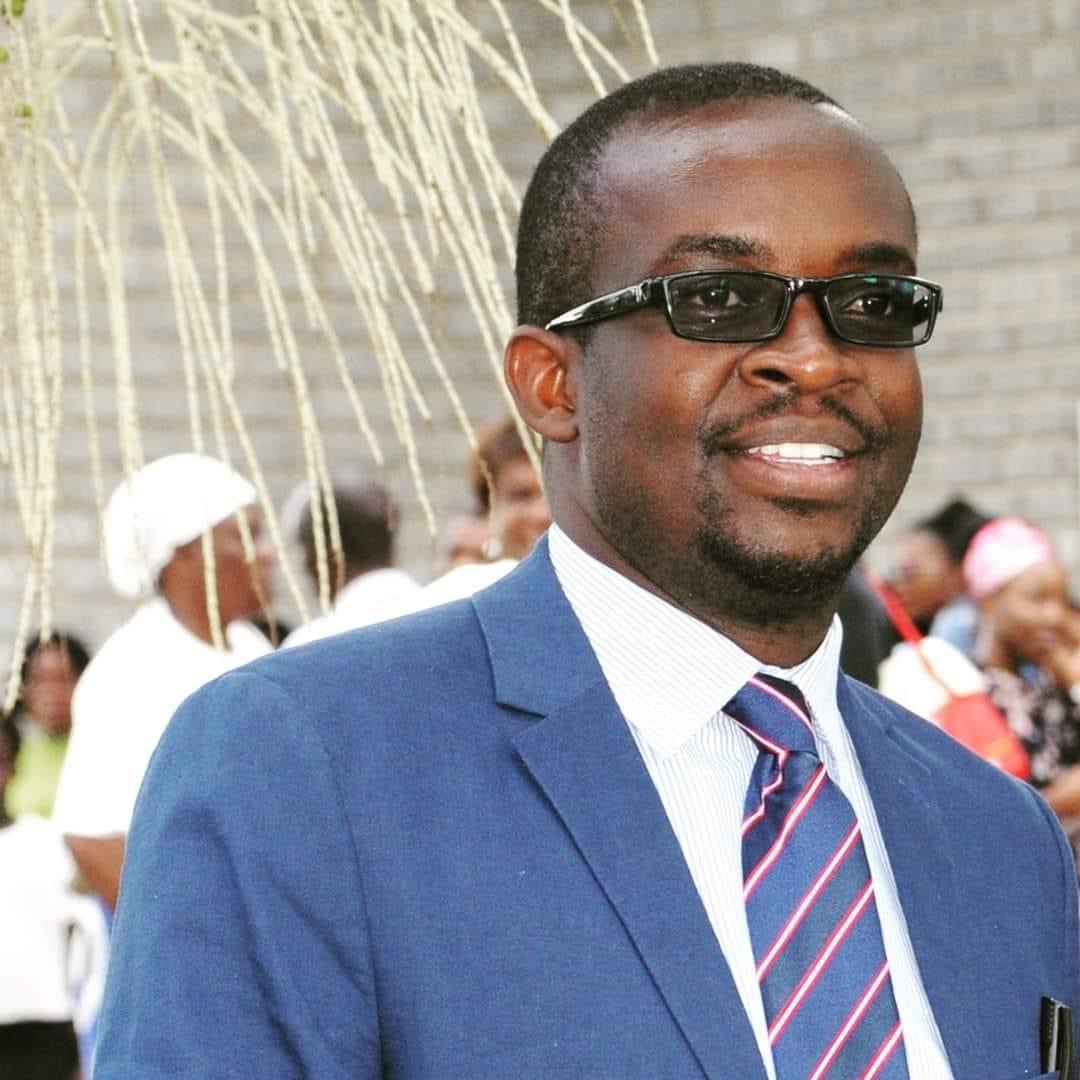
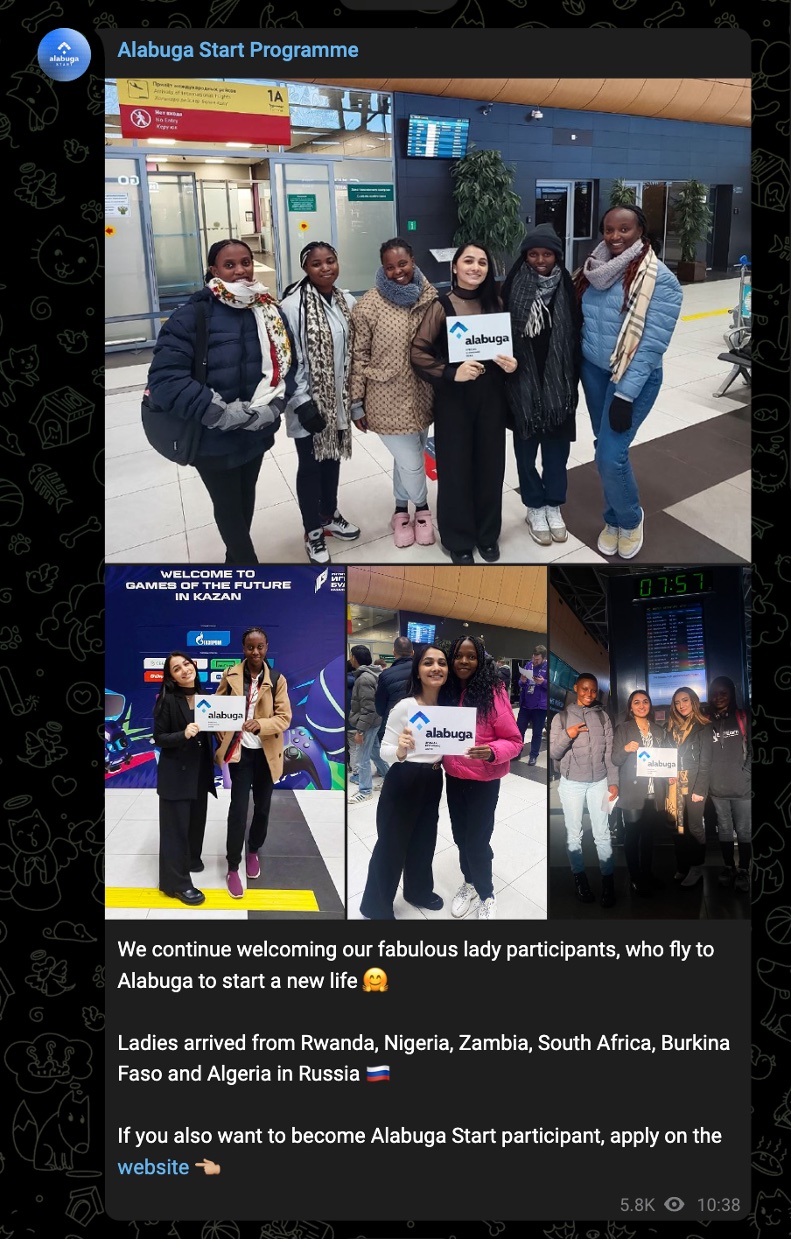


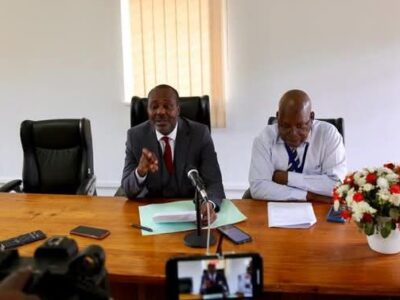
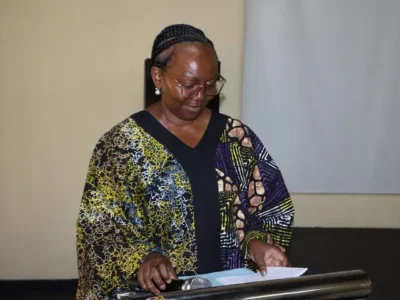






Comments